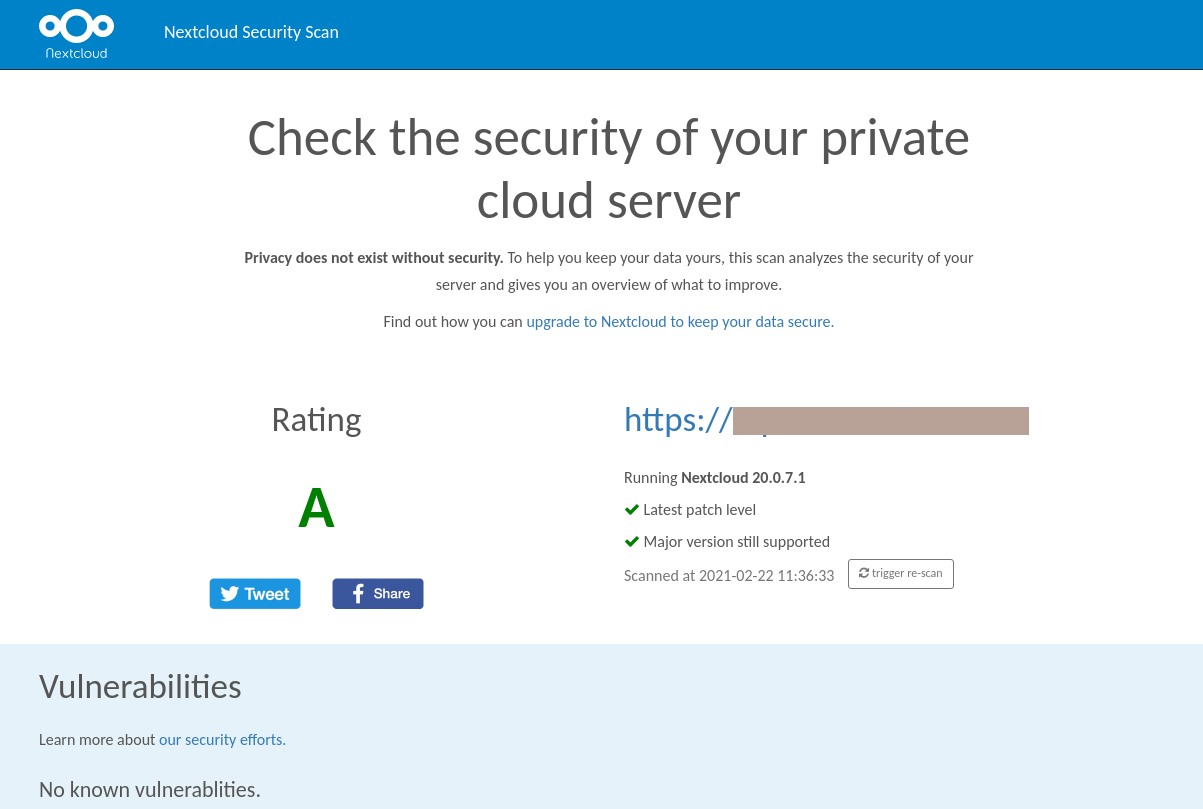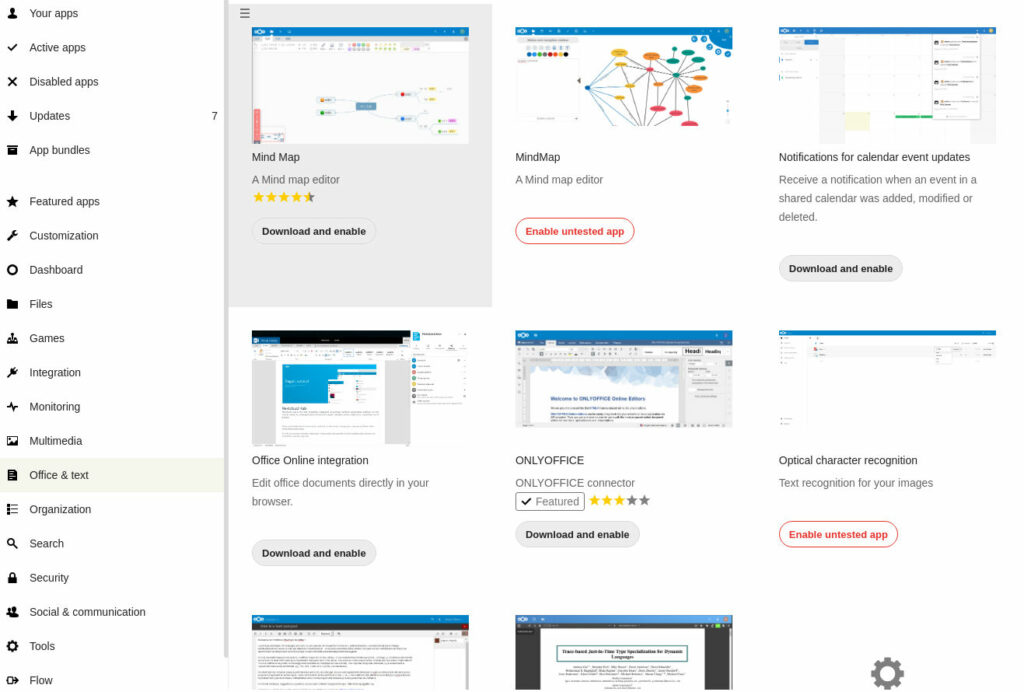Many small organizations, individuals, and freelancers use cloud services, like Google Drive and Docs, Dropbox, Microsoft Live and OneDrive, or Apple iCloud because they are easy and low cost or free to use. Why would anyone want to make an effort and set up a self-hosted server, such as Nextcloud to do the same? Our small business made the move to Nextcloud one and a half years ago. Here is what we gained and lost.
What did we lose?
Running our own cloud server requires work. Someone has to set up the server and keep it running. It also requires a small investment in a computer where the software runs. The Raspberry Pi for those who want the server at home, or a low-cost hosted VPS are popular solutions. These are the key items that require an effort from us:
- System maintenance and taking care of software upgrades. The operating system, utility programs, and Nextcloud must be kept up to date.
- Troubleshooting and managing technical problems. Upgrades seem to be critical events for Nextcloud – that’s when most problems tend to occur. Normally, the server runs without problems.
- If a Nextcloud system has multiple users, they may need support from time to time.
- Managing regular backups. There are plenty of programs that can automate the process.
What did we gain?
The self-hosted Nextcloud service works the way we want it to work. We can add new apps that provide additional functionality if we need. Our remote users trust the system is always available, and we trust the service won’t sell our data to the highest bidder. The key advantages for us are:
- Applications. Nextcloud provides more functionality than Google, Microsoft and Apple cloud service together. The core functionality can be enhanced with third party apps, like project management, document collaboration, maps, bookmarks, or news.
- Privacy. Free cloud services from the likes of Google have to make money. Often they do it by selling users’ information to marketers. A self-hosted Nextcloud doesn’t leak data to anyone.
- Security. Nextcloud has a strong security model with lots of options. The user organization decides how the security options are applied.
- Trust and convenience. Some of our users travel a lot. We use VPN for security. This means that the IP addresses of our users can change even a few times a day. Public cloud services frequently lock out these users because they suspect foul play. Our self-hosted cloud service trust these users because they login using two factor authentication. Remote users can trust they are never locked out from their work resources.
- It is possible to create an app of our own for Nextcloud. So far, we have managed with available apps, but it is possible to create an app specifically tailored to our needs.
The balance sheet
The bottom line is that the investment in our own Nextcloud service has produced far more advantages than we envisioned. The critical things for us – functionality, remote work support without the fear of being locked out, privacy, security, and access from any mobile device or computer – have worked well.
Since the core software is being actively developed and independent developers are actively creating additional apps, the future looks good as well.
The biggest investment is the work required to keep the system up-to-date and to troubleshoot rare problem situations. This technical system admin work is easy to outsource to a Nextcloud expert if it becomes a burden. So far, the amount of admin work hasn’t been a problem because we have automated as many tasks as possible, and have discovered an easy way to upgrade the software.


